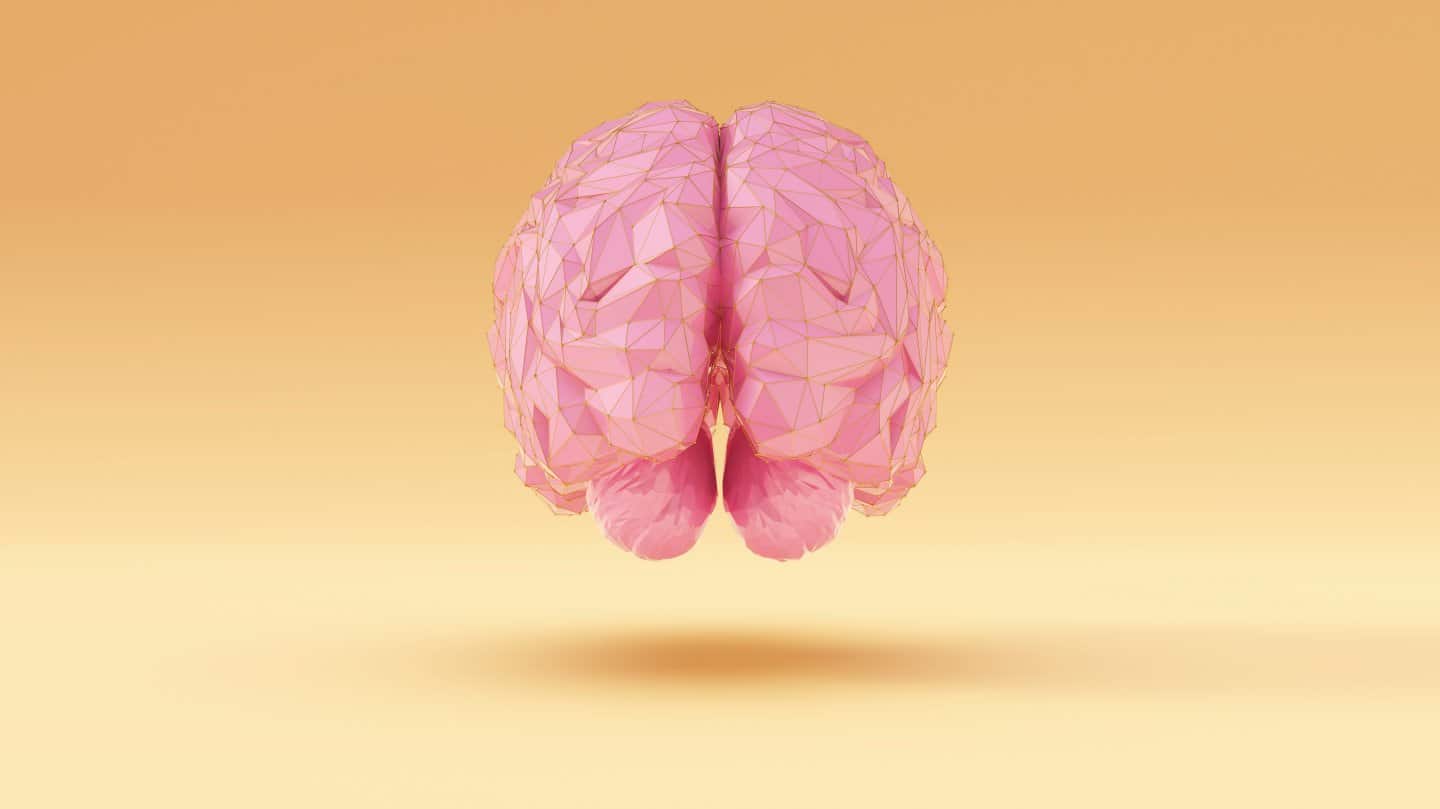Note: These individuals have validated through research and their line of work that all negative emotions are caused by beliefs (often unconscious).
- Aaron Beck is considered the father of CBT. CBT is based on the psychological construct that individuals’ interpretations of situations influence their reaction (emotional, behavioral, physiological), more so than the situation itself…These interpretations, termed “automatic thoughts”, are often linked to maladaptive underlying beliefs that individuals have about themselves, other people, the world, or the future. Dr. Beck found that when he helped his patients evaluate and change their distorted thinking, they felt better and were able to modify their behavior. When he helped them evaluate and change their underlying beliefs, their improvement was long-lasting.1
- Psychologist Dr. Albert Ellis founded Rational Emotive Behavior Therapy (REBT; Ellis, 1957) in the 1950s. REBT is considered to be the original cognitive-behavior therapy (CBT) by some scholars. Inspired primarily by the Stoic philosophers, REBT holds that it is not events that directly cause emotions and behaviors. Rather, it is one’s beliefs about the events that lead to emotional and behavioral reactivity.2 In his first major book on rational therapy, Ellis wrote that the central principle of his approach, that people are rarely emotionally affected by external events but rather by their thinking about such events, “was originally discovered and stated by the ancient Stoic philosophers.”3Ellis illustrates this with a quote from the Enchiridion of Epictetus: “Men are disturbed not by things, but by the views which they take of them.”4 Ellis noted that Shakespeare expressed a similar thought in Hamlet: “There’s nothing good or bad but thinking makes it so.”5
- Therapist Bruce Di Marsico created a system of questions that help people eliminate their negative emotions called the Option Method.
- Therapist Frank Mosca wrote several books to evangelize the idea that emotions are caused by beliefs and has published 8 case studies in his book Joywords of clients resolving their emotions with Bruce’sOption Method. Frank was a student of Bruce.
- Books he’s written that we recommend: Joywords, The Option Method Joybuilding Workbook
- Barry Neil Kaufman is a best-selling author of books that help people eliminate negative emotions. He’s published 19 case studies of his twist of the Option Method–11 case studies in PowerDialogues and 8 additional case studies in his book Giant Steps. Barry learned and created his own flavor of the Option method–still based on the idea that emotions are caused by beliefs–after meeting and studying under Bruce.
- Books he’s written that we recommend: PowerDialogues, To Love is To Be Happy With
Marcus Aurelius has stated that it isn’t external things and events that upset us but rather our judgments about those things.
It is not events that disturb us, but rather it is our interpretation of the event
Epictetus
If something external is causing you distress, it’s not the thing itself that’s troubling you but your judgment about it, and it’s within your power to erase that right now. And if it’s something internal to yourself, is anyone stopping you from looking at it in a more positive way?
Marcus Aurelius, Meditations 8.47
Generally speaking, Stoics believe that, just as physical pain is caused by illness and injury to the body, human distress is caused (at least in part, and according to orthodox Stoicism, entirely) by mistaken judgments and incorrect beliefs, particularly about good and bad.
—
https://www.reddit.com/r/Stoicism/wiki/intro_faq/ ↩︎
https://www.ncbi.nlm.nih.gov/pmc/articles/PMC9667129/ ↩︎
Turner MJ. Rational Emotive Behavior Therapy (REBT), Irrational and Rational Beliefs, and the Mental Health of Athletes. Front Psychol. 2016 Sep 20;7:1423. doi: 10.3389/fpsyg.2016.01423. PMID: 27703441; PMCID: PMC5028385. ↩︎
Ellis, A. (1962). Reason and Emotion in Psychotherapy. New York, L. Stuart. ↩︎
Ellis, Albert (1997). The practice of rational emotive behavior therapy (2nd ed.). New York, N.Y.: Springer Publishing Company. p. 112. ISBN 0826154719. OCLC 35223015. ↩︎
Ellis, Albert (1962) Reason and Emotion in Psychotherapy. p. 54 ↩︎

